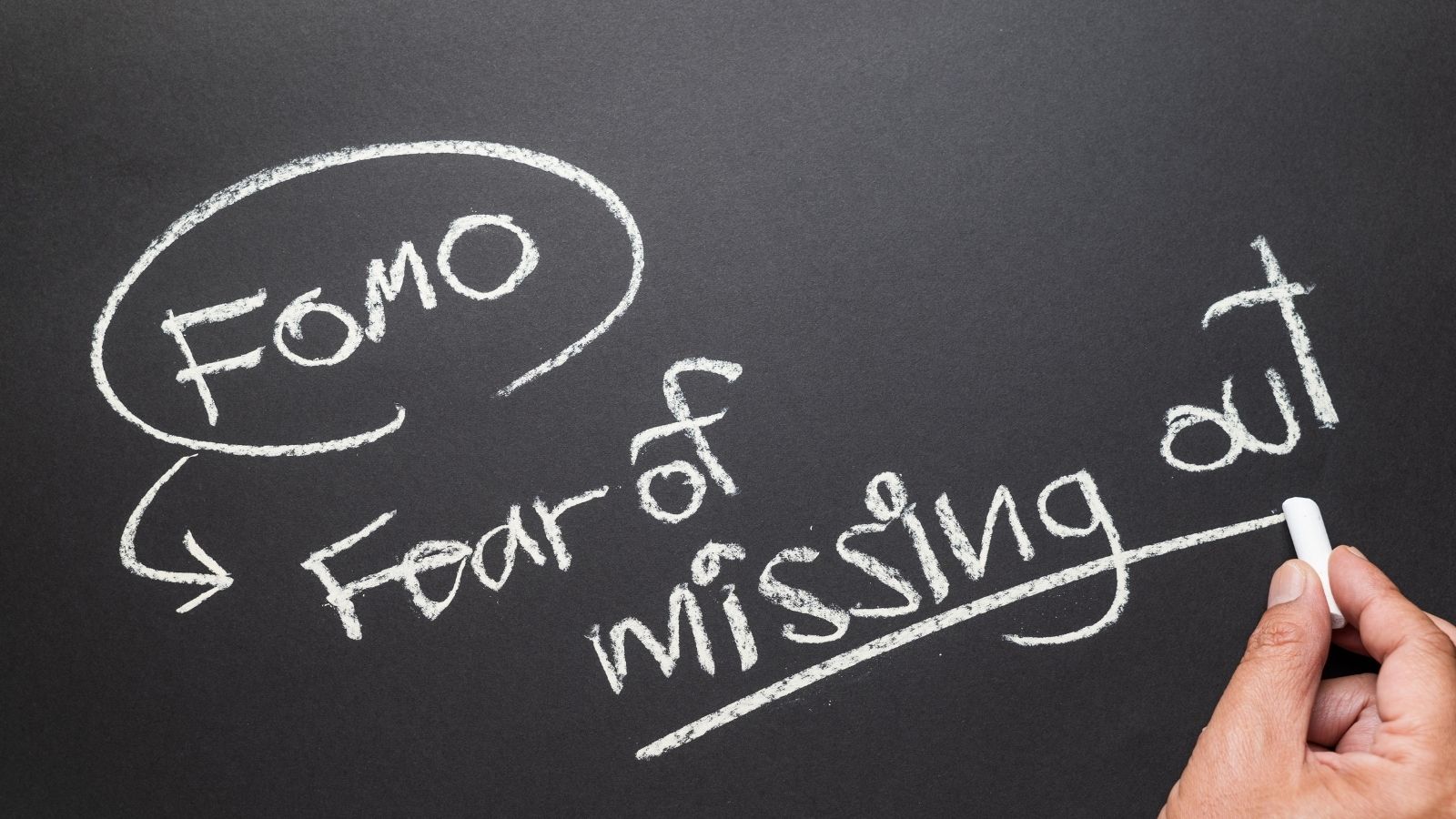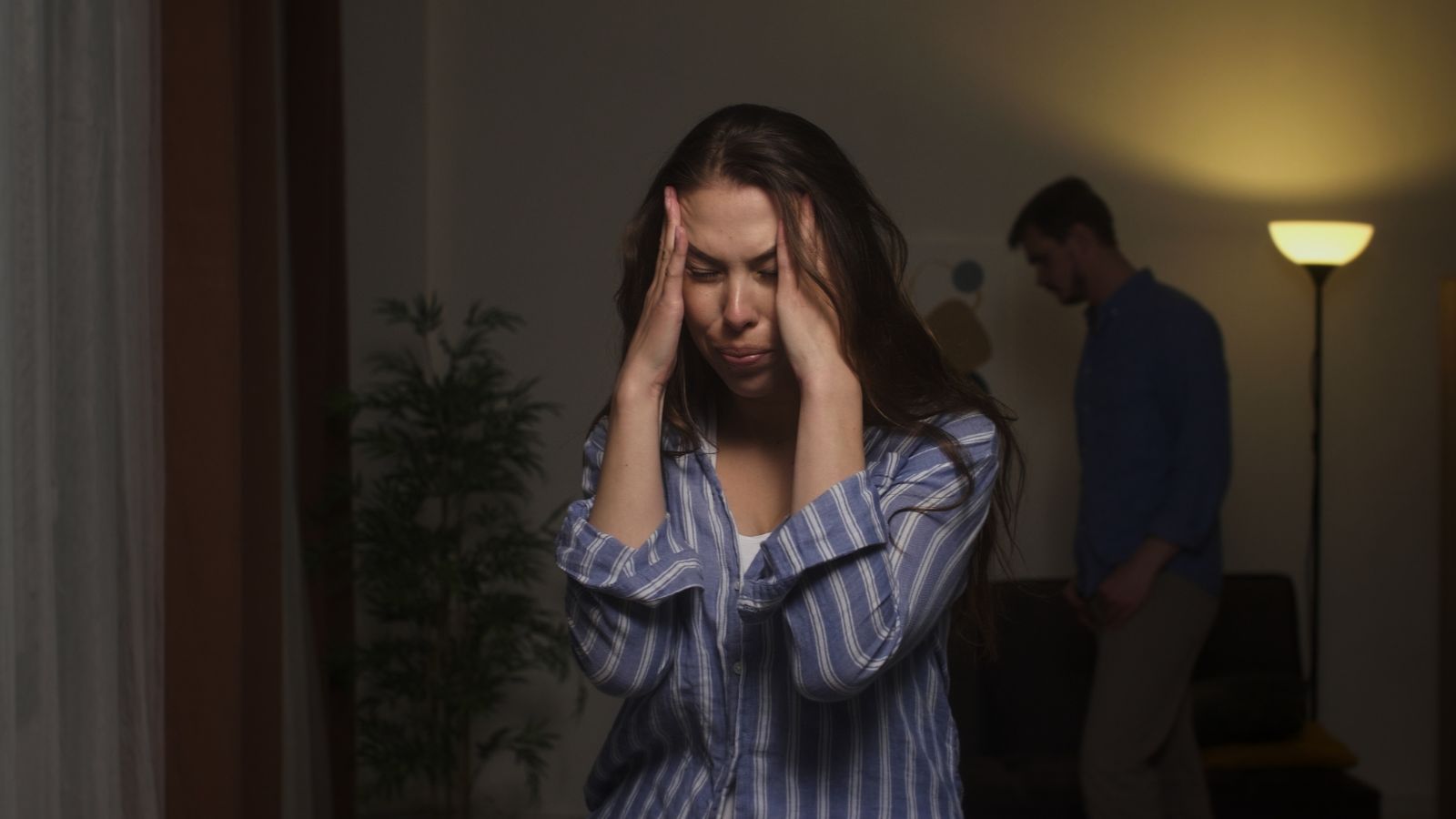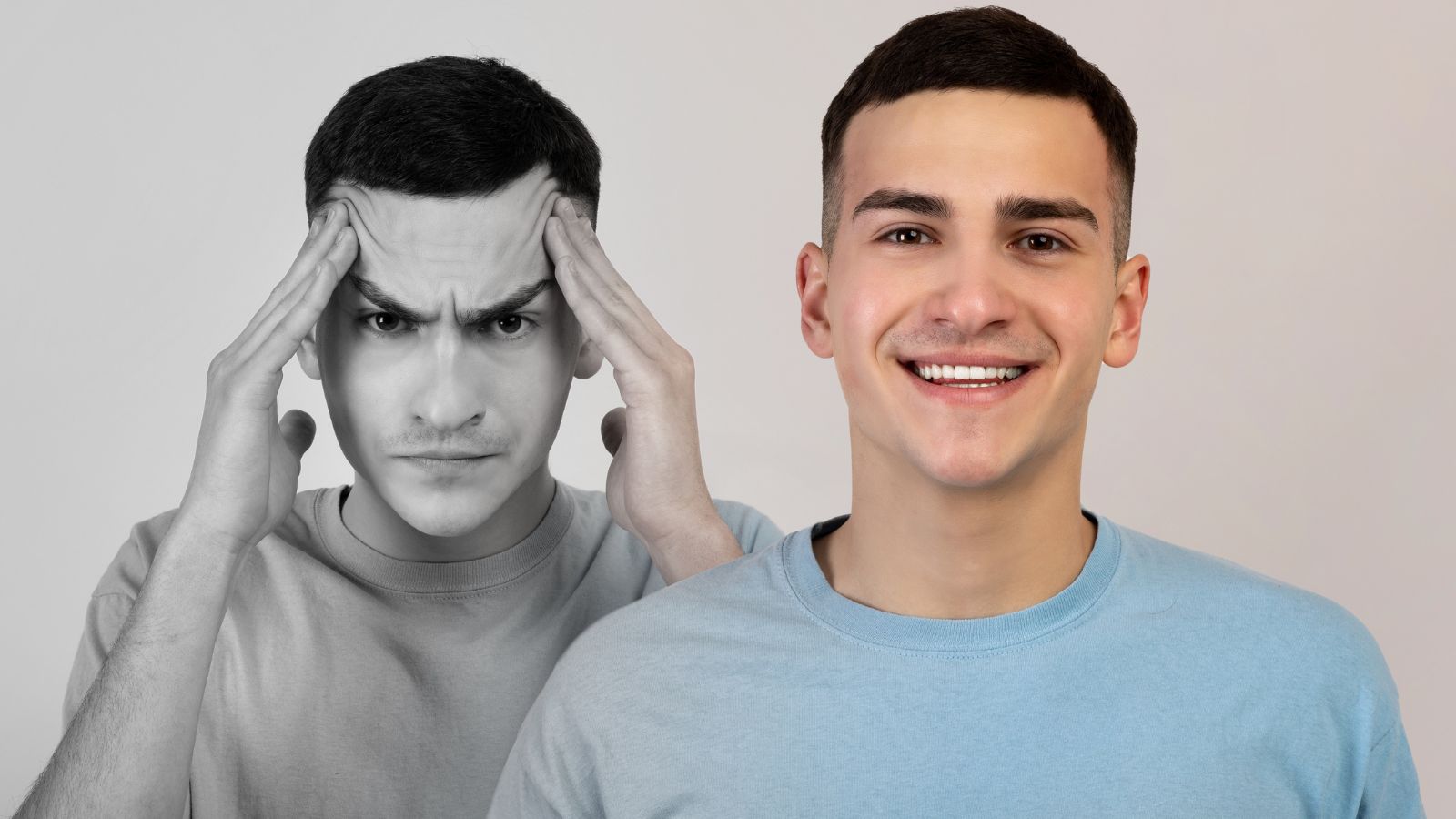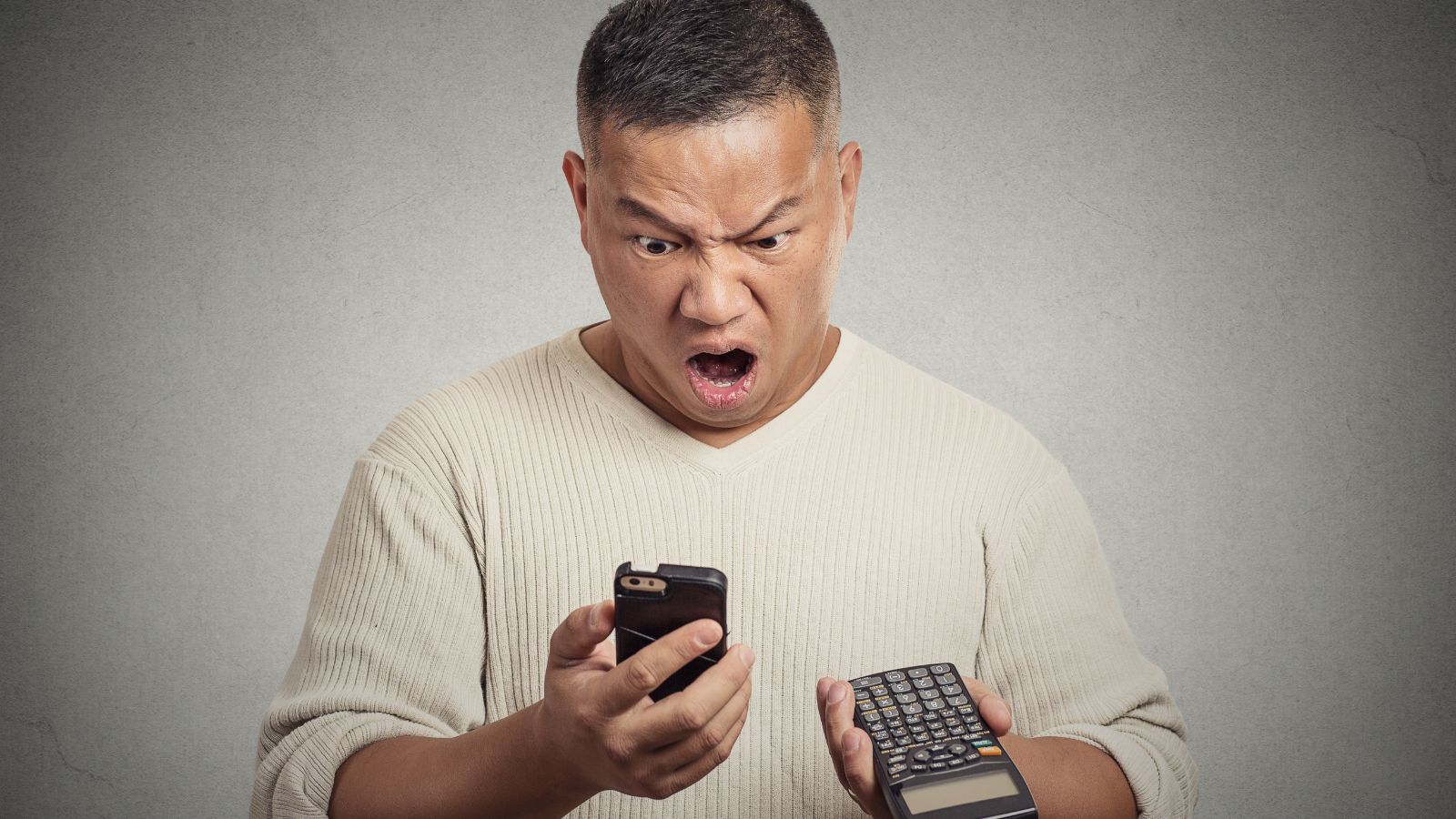Social media has emerged to be an integral part of our lives, providing a ground for connectivity, expression, and the exchange of information. However, the omnipresence of social media also creates a pathway for undesirable mental health effects. Users might find themselves trapped in a cycle of comparison, validation-seeking, and anxiety whose drivers are the online and social cues. Knowing all the warning indicators that tell you that your mental health could be in danger helps to keep a healthy relationship with social media. Here are 20 eye-openers that indicate your online activities could hurt your mental health.
Increased Anxiety

This symptom appears as constant worry or fear about something happening in one’s online world, like the fear of saying something that could be negatively commented on, the pressure to present a perfect version of oneself, or the stress from nonstop notifications to stay engaged. These feelings can disrupt daily life and significantly increase stress levels.
Depression Symptoms

These may include persistent sadness, hopelessness, or feelings of emptiness. Social media overuse can lead to losing interest in activities once enjoyed, fatigue, difficulty focusing, and withdrawal from social interactions. Changes in appetite, sleep patterns, and feelings of worthlessness or guilt are also common. In severe cases, thoughts of suicide or suicidal behavior may occur.
Low Self-Esteem

Usually, low self-esteem through social media manifests by comparing yourself to others in an unfavorable way, thus increasing feelings of inadequacy or unworthiness. The pictures of other people’s lives are generated to make their lives look perfect, causing you to feel like you measure up to nothing.
Sleep Disturbances

Social media usage, especially in the late hours of the night, can cause sleep disruption because of over-stimulation of one’s mind. The blue light emitted from screens interferes with the production of melatonin, which makes falling asleep a bit difficult, and continued scrolling through content keeps the brain active so it won’t fall into deep, restful sleep.
Social Withdrawal

Social withdrawal occurs when you begin to withdraw from face-to-face contact and spend more time on social media. This may eventually lead to declining face-to-face relationships with your family members and close friends. As a result, your real-life social contacts and overall well-being are adversely affected.
Fear of Missing Out

This means worry or anxiety about others having a satisfying experience without you. It takes the form of constantly scanning for updates to avoid missing something that has occurred, which causes inappropriate stress, dissatisfaction, and feelings of being left out in the cold.
Neglecting Responsibilities

Neglecting responsibilities is when taking up a lot of time on social media, which gets in the way of significant tasks or due obligations such as school, work, or other personal responsibilities. You procrastinate, fall behind submission deadlines, and lose focus on your critical responsibilities because you spend too much time online.
Feeling Overwhelmed

The feeling of being overwhelmed by social media arises when content, in the form of notifications and interactions, becomes too much, stressful, and mentally overloading. This may be caused by trying to keep up with too many updates or with too much information and opinions.
Obsessive Behavior

Obsessive behavior related to social media occurs when someone checks for notifications, likes, or new content continuously, even to the detriment of daily activities. This compulsive desire to stay connected can cause anxiety, affect their ability to focus, and sometimes become an addiction to their detriment for psychological well-being.
Loss of Interest

And, of course, to top it all off, you’ll begin to lose interest in things you enjoy doing, such as hobbies, socializing, or even some form of physical exercise. Your addiction to social media makes you lose interest in authentic experiences, which might leave you bored and disconnected from your life.
Anger or Frustration

Exposure to harmful content, heated arguments, or irritating posts online can trigger feelings of anger or frustration. Over time, you may become more irritable, especially as online interactions often become hostile when discussing divisive topics.
Cyberbullying Victimization

Victimization through Cyberbullying refers to bullying or harassment through online sources that include hurtful messages, comments, or threats. It is considered a reason for anxiety and depression, leading to low self-esteem and isolation from others, and may finally result in harming your mental well-being.
Isolation

Isolation on online or virtual platforms refers to feeling separated or disconnected from others. Even when the person maintains thousands and thousands of followers on social media, they can still be lonely and have no meaningful interactions. This situation might lead to mental illness and thus can eventually cause more sadness and make people disengage from reality.
Increased Loneliness

Social media can lead to increased loneliness, even when connected to many people online. Virtual relationships often replace meaningful, face-to-face interactions, which can result in feelings of disconnection and emotional emptiness over time.
Unrealistic Expectations

It is the tendency to compare your life with other people’s curated, often idealized images and sometimes unrealistic stories on their social media. It results in feelings of inadequacy and dissatisfaction, pushing people to unattainable standards, anxiety, and low self-esteem.
Body Image Issues

This is triggered when the comparisons made through social media start turning you against your appearance. Idealized or edited images distort a person’s sense of their self-image, causing them to be dissatisfied with their body in one way or another.
Addiction to Likes

Many people constantly check their social media notifications, seeking approval through the number of likes and comments on their posts. This fixation can create a rollercoaster of emotions; a surge of happiness with each notification can quickly turn to disappointment when expectations aren’t met. Over time, this addiction can lead to feelings of inadequacy and anxiety, as individuals may start to tie their self-worth to online validation.
Emotional Exhaustion

Emotional exhaustion is a state of feeling drained and overwhelmed, often resulting from prolonged stress and the demands of daily life. It can be exacerbated by constant exposure to negative news, toxic interactions on social media, and the pressure to maintain a perfect online persona. This relentless emotional burden can leave individuals feeling disconnected from themselves and others, making engaging in activities they once enjoyed challenging.
Difficulty Focusing

This symptom can be defined as an inability to focus on activities as people become constantly distracted by social media. Multiple notifications and pressure to check updates often and in real time may interfere with workflow and stop the continuity of important events.
Loss of Privacy

In the digital age, loss of privacy has become a pressing concern for many. As people share more of their lives online, personal information can easily be accessed, sometimes without their consent. This exposure can lead to feelings of vulnerability, as sensitive details—such as location, relationships, and opinions—are no longer exclusively private. The constant scrutiny from social media can create anxiety about being judged or misrepresented, prompting individuals to censor themselves or alter their behavior.
Conclusion

Social media may often serve to bind, yet it can also really affect mental health if one uses them excessively or mindlessly. Knowing these signs is important to maintaining your well-being. If you think you are indeed exhibiting a couple of these, then possibly it is time to revisit your activities on social media sites, ask friends or professionals for help, and take some time off to care for your mental health.
18 Reasons Why People Are Leaving Florida in Masses

Exploring factors that impact the desirability of living in Florida, this list delves into various challenges shaping residents’ experiences. From environmental concerns like rising sea levels to economic factors such as fluctuating job markets, these issues collectively contribute to a nuanced understanding of the state’s appeal.
18 Reasons Why People Are Leaving Florida in Masses
